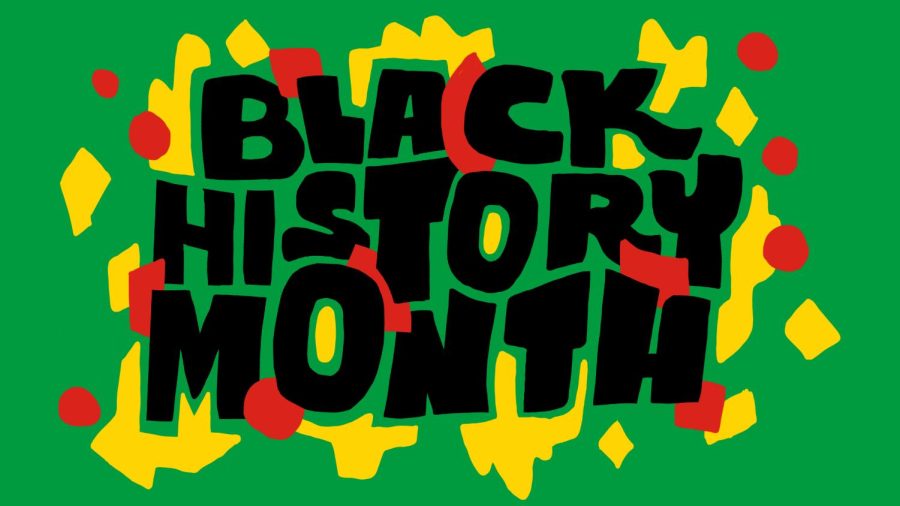Honoring Black History Month
February 1, 2022
This February will officially mark the 46th celebration of Black History Month. —A month dedicated to honoring the Black community’s many contributions to U.S. history.
While Black history should always be recognized, Black History Month provides the opportunity to learn about the various notable people, places, and events that may have been excluded or misrepresented in your U.S. history classes when you were younger.
Here are some ways you may honor Black History Month this February:
- Read Books by Black Authors:
Try being intentional with the books you choose to read this month. Reading books by Black authors may provide you with a new perspective. Authors such as Maya Angelou (author of I Know Why the Caged Bird Sings which talks about her life from age 3 through age 16, recounting “an unsettled and sometimes traumatic childhood that included rape and racism”) and James Baldwin (author of The Fire Next Time which contains “two previously published essays” by Baldwin that look into issues of racial inequality in America) were said to have shaped literary history .
2. Learn About Important Black Figures:
There are countless influential Black figures to learn about. For example, Ida B. Wells was a journalist, activist, and researcher who exposed the conditions of African Americans throughout the South through her writing in the 19th and early 20th centuries. There was also Frederick Douglass who was an activist, author, and public speaker who also became a leader in the abolitionist movement, with the purpose to end slavery everywhere, before and during the Civil War. Honor Black History Month this year by learning about their contributions and understanding the messages they sought to convey.
3. Support Black-Owned Businesses:
According to a report prepared by The United States House Committee on Small Business, from February to April 2020, 41 percent of Black-owned U.S. businesses were forced into closure due to the pandemic. It was “the largest closure rate of any racial group” that year. Keeping this in mind, supporting Black-owned businesses this month—especially small Black-owned businesses—would be highly beneficial.
You can try searching for Black-owned businesses near you or click here for a list of 200 online businesses to support.
4. Contribute to Black Non-Profits:
Last, but not least, you can honor Black History Month by donating to the various charities and organizations that make great efforts to defend civil rights and promote social action.
Here are some examples as well as a little bit about what they do, as posted on their websites:
- National Association for the Advancement of Colored People (NAACP): “We work to disrupt inequality, dismantle racism, and accelerate change in key areas including criminal justice, health care, education, climate, and the economy.”
- Black Youth Project: “Through knowledge, voice, and action, we work to empower and uplift the lived experiences of young Black Americans today.”
- Equal Justice Initiative: “…committed to ending mass incarceration and excessive punishment in the United States, to challenging racial and economic injustice, and to protecting basic human rights for the most vulnerable people in American society.”
- Color of Change: “We challenge injustice, hold corporate and political leaders accountable, commission game-changing research on systems of inequality, and advance solutions for racial justice that can transform our world.”
There are plenty of ways you can take part in Black History Month this year. However, it is important that you take these actions and apply them to your everyday life beyond the month of February.








